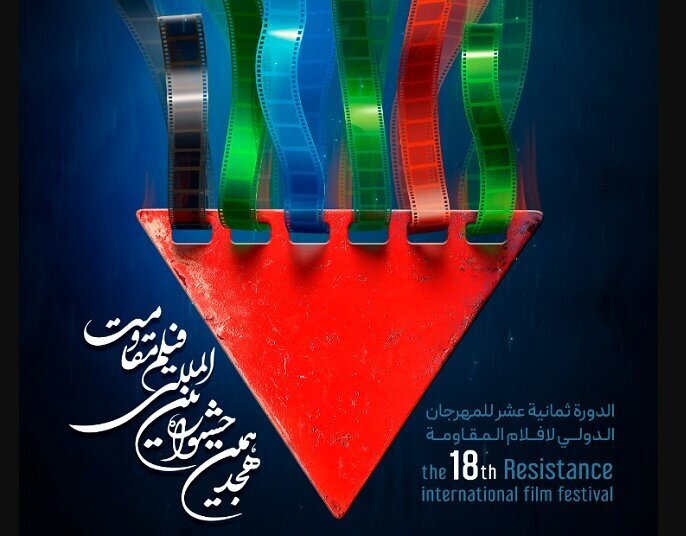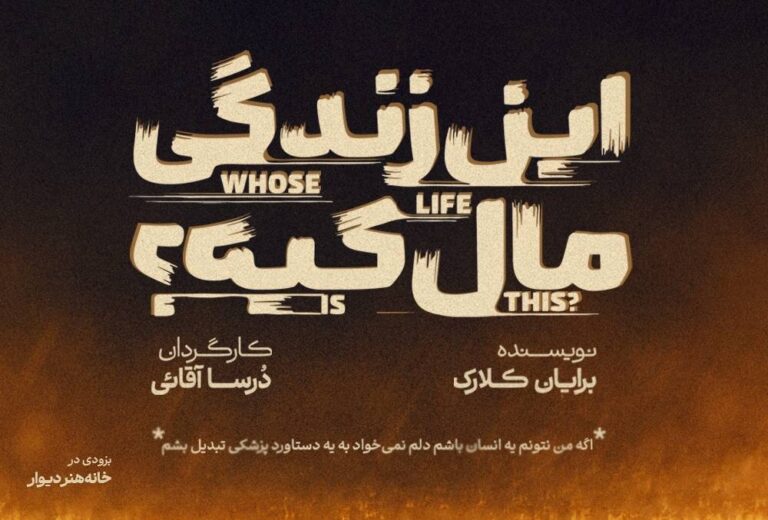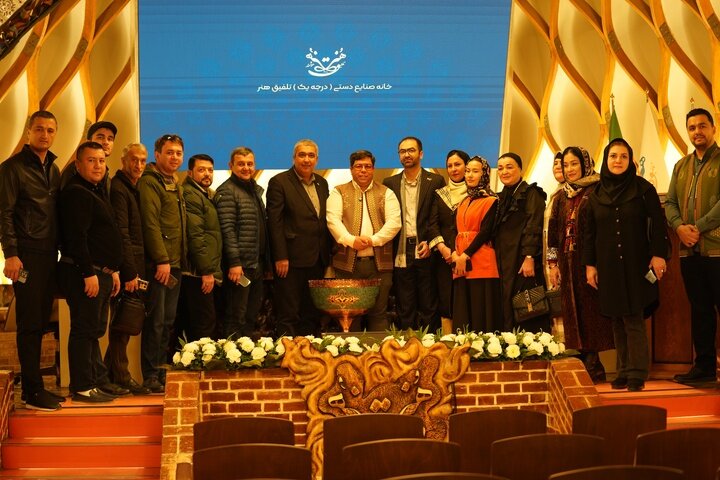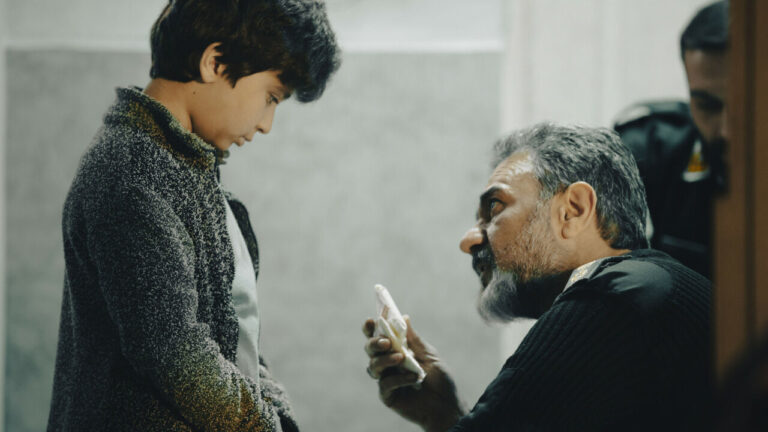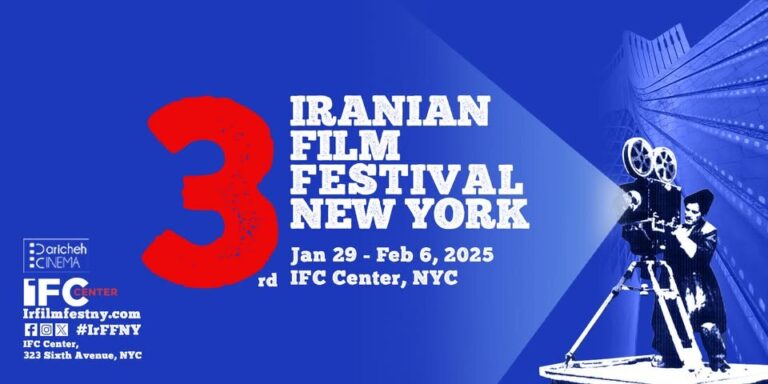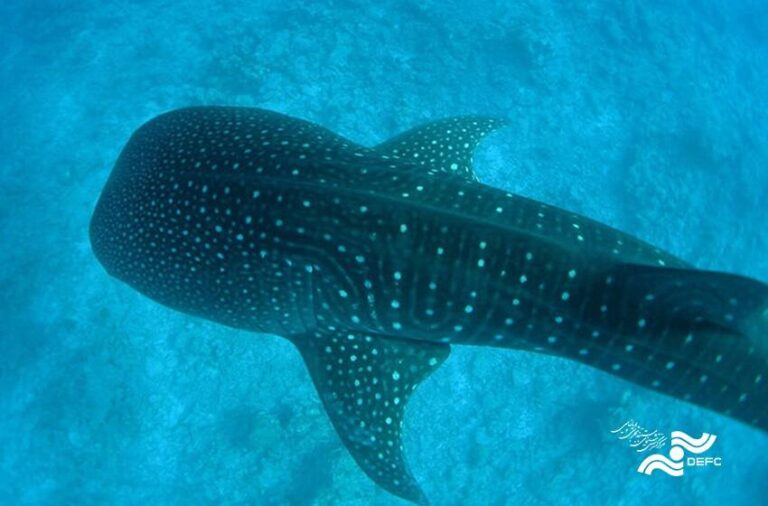Tehran Hosts the 18th Resistance International Film Festival: A Celebration of Cinema and Courage
The 18th Resistance International Film Festival opened its doors in Tehran, showcasing the evolving landscape of resistance cinema. The festival commenced on Saturday at the Persian Gulf Hall of the Sacred Defense Museum, attracting military officials, cultural leaders, and notable artists.
During the inaugural ceremony, festival secretary Jalal Ghaffari delivered a compelling address, emphasizing the festival’s expanded focus on the content and form of resistance cinema compared to previous years. He underscored the importance of aligning the content of films with their artistic presentation, a directive inspired by the Leader of the Islamic Revolution, Ayatollah Seyyed Ali Khamenei. Ghaffari stated, “Our current festival theme echoes the justice for the brave people of Gaza, and we are committed to confronting this discourse openly through film.”
Ghaffari revealed that this year’s festival features a remarkable increase in participation, with over three times the number of valuable entries compared to prior editions, highlighting its growing influence. He stated, “In the emerging world order, Iran can hold a special position by proposing the theory of resistance.” He further emphasized the need to pay special attention to the relationship between resistance and cinema.
The festival has witnessed technological advancements, with over 5,000 works submitted through its portal this year. A notable aspect is the innovative use of artificial intelligence in film production, with around 400 entries exploring this cutting-edge technology.
In addition, Ghaffari announced that the festival has attained Category A Artistic status from Iran’s National Elites Foundation, enabling young filmmakers under 30 to join as permanent members. To enhance its reach, regional screenings have been organized in more than 20 provinces.
Brigadier General Gholamreza Soleimani, head of the Basij Volunteer forces, paid tribute to martyrs during the ceremony, marking the anniversary of President Ebrahim Raisi’s martyrdom. He highlighted the ongoing struggle of the Palestinian people, who have faced numerous atrocities, stating that nearly 60,000 people have been martyred since the Al-Aqsa Storm operation.
Soleimani remarked on the historical context of colonial manipulation, detailing how the region was partitioned by Britain and the Ottoman Empire, leaving Palestine under British control with a Jewish mandate. He emphasized the monumental injustices of occupying Palestinian land and displacing its people, asserting, “Iran’s resilient stance today is rooted in historical resistance. Cinema plays a vital role in echoing the suffering of Palestinians and must serve as a cultural front against Zionism.”
He further stated that resistance cinema must amplify the voices of the oppressed, portraying their struggles authentically. “This festival is not merely an artistic event but a cultural front to strengthen the global resistance discourse against Zionism,” he concluded.
Prominent figures in the film industry, including producer Mohammadreza Sharafeddin, director Homayoun Asadian, actress Zhaleh Sameti, poet Mehdi Faraji, and filmmaker Ruhollah Sohrabi, have been appointed as main competition judges for the “Martyr Qassem Soleimani” section.
Earlier in March, Ghaffari announced that this year’s festival aims to transcend geographical boundaries, offering a new perspective on resistance cinema that transforms it into a powerful tool for cultural and media diplomacy. He noted that the festival has become one of the most significant cinematic events in the region, focusing on resistance and justice-seeking in recent years.
He added, “This year’s edition, with a broader approach and a deeper insight into regional and global developments, aims to convey the message of resistance, justice, and the pursuit of truth to the world through cinema.”
The festival’s secretariat reported receiving over 6,000 works from 50 countries across various categories, including documentary, fiction, and animation. In the humanities category alone, more than 460 works related to humanities and resistance cinema have been submitted. Ghaffari stated, “The main theme of this festival is the oppressed, Palestine, Gaza, and the voices of those who are less heard in cinema. This is the unique feature of the Resistance Film Festival.”
This year’s festival introduces a new award, the Morteza Badge, which recognizes documentarians whose works resonate with the ideologies of the legendary Martyr Seyyed Morteza Avini, celebrated as the master of martyred writers.
The Resistance International Film Festival is organized annually by the Association of the Revolution and Sacred Defense Cinema and the Revayat Foundation. Running until May 24, this year’s festival serves as a crucial platform for promoting cinematic works that embody the spirit of resistance against injustice, oppression, and inequality.
With a commitment to honoring the principles of resistance and promoting freedom of thought and expression, this year’s edition promises to be an unforgettable experience for all attendees.
